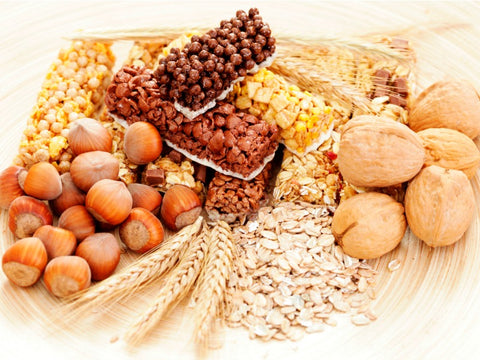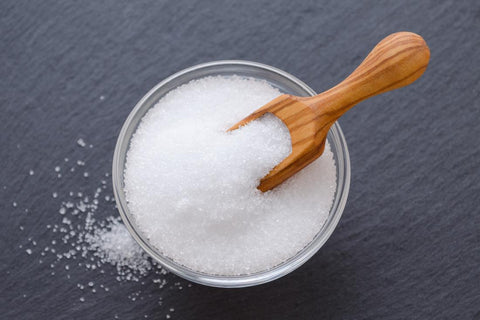
Net carbs. Zero available carbs. Grams of available glucose. These terms are being used more frequently today. What do you need to know about net carbs to avoid compromising your diet and lifestyle?
To really understand how to benefit from a ketogenic diet and to make good product choices every day, we need to understand the why and the how of limiting carbohydrate intake. The whole purpose of a keto lifestyle is to restrict available or ‘usable’ glucose (Grams of Available Glucose).
Insulin Lives Matter
Why do we restrict carbs in the first place? We all aspire to be body fat burning machines NOT body fat storing machines. The goal of restricting carbs is to ‘release the brakes’ on the ability of our bodies to burn (oxidize) stored body fat. The master hormone insulin can do a great job of limiting or ‘putting the brakes’ on fat burning. Therefore, the goal of our diet should be to optimize the efficiency of insulin in doing its various jobs and to raise insulin levels in our bloodstream as little as possible. Here is where things get really dicey and where (and why) marketers of all types of whole foods, prepared foods, and packaged foods lie to you.
It is nearly impossible to determine in each individual and at each time point during the day or night exactly how a carbohydrate will impact your blood sugar and resulting insulin. Obviously, all carbs are not created equal. Here is a really big and relevant point:

All ‘sugar alcohols’ and all ‘fibers’ are not created equal either. Many packaged food manufacturers use these two classes of ingredients to employ misguided ‘net carb’ calculations and subsequent claims to lure you into confidence in purchasing and consuming their products. This is true for tabletop sweeteners as well as many other categories of ready-to-eat products like bars, drinks, powders etc. They simply subtract sugar alcohol grams and fiber grams from the total carbohydrates line on the label. This fails to take into account that all commonly used sugar alcohols, except erythritol, have a glucose and insulin penalty to pay. The same is true of many commonly used ‘soluble fibers’ or just fiber. These fibers are highly variable in their physical nature and in their contribution of grams of available glucose. Therefore, they are NOT reliable materials to use in simply making a blanket subtraction from available carbohydrates (glucose). Our insulin management (life) matters most.
Keto Safe
So, what to do? Enter the idea of "Keto Safe". There are some ingredients and foods that we know are safe for Keto dieters because they contribute zero amounts (or essentially zero) of ‘available’ or ‘usable’ glucose. Erythritol is one of those ingredients that has been proven in humans to cause zero changes in blood sugar and most importantly for this discussion, INSULIN. No matter if you are a strict Keto dieter or someone who is simply looking to burn fat more efficiently, you can trust that all natural Keto Safe sweeteners like Zsweet® will not interfere with your fat burning metabolism. Zsweet® is Keto Safe because it does not contain ‘soluble fibers’ or ‘oligosaccharides’ that might contribute available glucose and then trigger insulin release.
So what is the takeaway? Don’t rely on net carbs as a magic marker. Inspect and get to know the exact ingredients in the products you buy. Ask the brands about their ingredients, particularly ‘fibers’ and if they cannot explain the true contribution of available glucose from these ingredients then don’t use their product. All sugar alcohols should be considered NOT KETO SAFE, except for erythritol.
Look for our recipes in the future to be marked Keto Safe. These will be verified to use only ingredients that match the standard that we use here at Zsweet® and that have been presented in this post.
